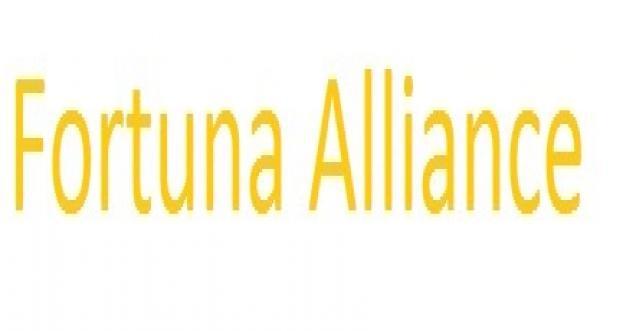
Easy Internet offers, scam types, internet scams
Internet scam is inevitable as people use information technology to sell their products. Recent experience shows consumers can get bad taste when they take up business opportunities over the internet. Fortuna Alliance In one case a federal court in the United States froze a scam on the internet that had sucked in at least $US8 million, including an unknown amount from over 1,500 Australian consumers. More than $5 million of that money had been hived off into bank accounts in the Carribean and Central America. The scheme – called Fortuna Alliance – was marketed through a professional-looking home page on the internet. ‘What if you paid $250 a month which produced a minimum of $5,250 income each month for you, while you simply watched? Would you want to continue this arrangement while you kept earning $5,000 a month?’ Fortuna’s advertising asked. Within a surprisingly short period over 17,000 individuals paid between $250 and $1,750 to join what turned out to be a worldwide web of deceit. All they received in return was advice and promotional material on how to set up their own web sites to recruit victims to the pyramid scheme. An economic analyst told the court that after reviewing Fortuna’s structure he believed only five percent of people – those recruited first – would make any money. The court was also informed Fortuna had taken virtually all these top positions for itself, related companies, its officers and their families. The US Federal Trade Commission had approached the court to shut down the scheme following complaints from state governments in the US and the governments of Western Australia, South Australia and Victoria. Unlike most consumer cons, the Fortuna saga actually has a happy ending. Under a settlement brokered by the US Federal Trade Commission, Australians caught up in this pyramid scheme received refunds. The money came from funds frozen in the US and $2.8 million transferred from the Carribean island of Antigua. Authorities in the US and Australia have emphasised that consumers might not be so lucky next time. Pyramid Scheme Internet Fraud Wholesome Goodness Professional Resources System International utilized a pyramid scheme disguised as a network marketing company to entice consumers to join their "members only" intranet which would allow members to buy and sell merchandise. The company and its employees offered you a chance to earn money by purchasing a home business opportunity known as the "SOHO System" at a cost of $295. This private intranet would not only allow members to buy and sell merchandise, but it was also portrayed as "wholesome", claiming that PRSI wanted to fund programs that would keep kids off drugs, out of gangs and stop them from being exposed to questionable materials on the internet. An investigation however, revealed there was no product and that promoters never intended on offering a product. Their sole reason for existence was to recruit "Cybermanagers" to keep the money rolling in and the scheme operational. It was estimated that 60,000 consumers worldwide were tricked into buying into PRSI's scam at a cost of approximately $18 million. Ways to avoid it..... Delete it, destroy it, hang up!
So what is your best defence against scams like this? Don’t respond! Don't act on them! Don’t provide any of your personal or financial details. Even better – don’t open the letter at all.
If you have been a victim of a scam or if you know of any scam, please report it. The Report a scam or cybercrime page can assist you to identify the agency to report it to.












.jpg)














